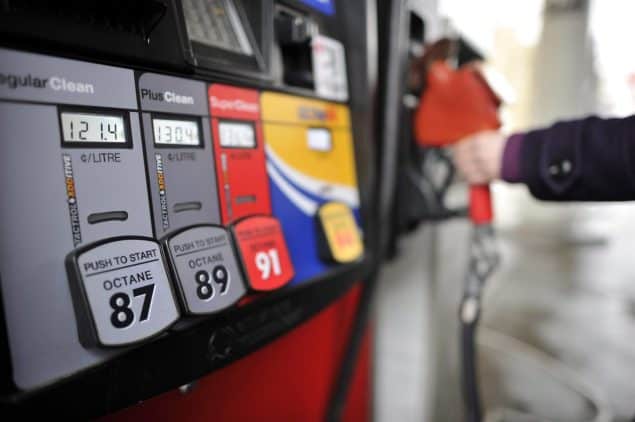“Just ignore it! It will go away!”
That was the last advice given by my now former dentist when I complained about a throbbing toothache.
But as we all know, pretending something isn’t there doesn’t mean it isn’t there.
Recent declarations by self-titled pseudo energy expert advisory panels that the fossil fuel industry should be fossilized, and that we should be at net zero emission levels on or before 2050, are great headline grabbers. Grabbed by politicians when they need a lifeline to re-election.
But 30 years from now, does not happen overnight.
The demand for gasoline, diesel, and jet fuel shows no sign of abating.
The supply and demand equation is not, at this time, under the authority of political ambition.
Like it or not, the price at the pump is still a lightning rod of concerned discussion in media and at the polling stations.
When hurricane Ida hit some 10 days ago, the headlines weren’t about reduced CO2 emissions because the storm had shut down the Gulf coast crude production and refining capacity.
Oh No!
The ink was all about how the storm would spike gasoline and diesel prices.
That’s what mattered.
Not air quality.
At this point, 77% of crude oil production from the Gulf is still offline – meaning a loss of 1.4 million barrels per day.
Meanwhile, the lion never sleeps as gasoline demand is up 9%, diesel up 11% and jet fuel up 65%.
There is no information available from any source – private, or government – on the emission levels in Canada, this week or any week for that matter.
In response to the drop in crude oil supply levels, countered with the dramatic increase in demand, what is a poor government to do?
Well, in the case of the U.S., China, and India, the three largest GHG emitters on the planet, all they have to do is draw from the inventories that they have in their petroleum reserves.
Were it not for this forward planning, prices at the pump in Ida’s path, would have reached a political stratosphere that President Biden would have had difficulty parachuting from.
In this country though, fear not as we do not have a strategic crude reserve, nor are there plans for one. Nor are we provided current inventory levels of any refined petroleum products.
What about refinery runs?
Forget it because we forgot.
This must be good news for the environmental flag wavers because it looks to me like it has already been decided that this country can’t wait for 2050, and has already fossilized its interest in our oil industry.
– Roger McKnight – B.Sc., Senior Petroleum Analyst








Add comment